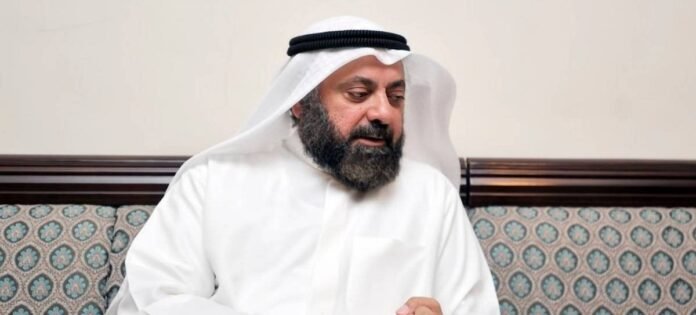Kuwait’s Supreme Court has sentenced former Member of Parliament Walid Al-Tabtabaei to four years in prison. He was convicted of insulting the Emir, Sheikh Meshal Al-Ahmad Al-Jaber Al-Sabah, through posts made on social media.
This included his constitutional amendments and the dissolution of the National Assembly. In February 2024, Sheikh Meshal dissolved parliament and suspended several constitutional articles. He cited repeated violations by lawmakers. While officials portrayed the move as a step to restore political order, critics viewed it as an attempt to centralize power and suppress dissent.
Prosecutors accused Al-Tabtabaei of spreading misinformation and undermining the authority of the Emir. Although the former MP argued that his comments were a legitimate exercise of free speech, the court ruled that he had violated laws safeguarding the Emir’s stature.
His sentencing comes amid an intensifying crackdown on political dissent in Kuwait. Human rights organizations have expressed growing concern over the prosecution of individuals who criticize the government or its regional allies. Rights groups warn that Al-Tabtabaei’s conviction sets a dangerous precedent for freedom of expression and political engagement in the country.
In a related development earlier this year, controversy erupted over the extradition of Kuwaiti opposition figure Salman Al-Khalidi from Iraq. Human rights advocates condemned the extradition. They viewed it as a breach of international law and a violation of Interpol’s rules against politically motivated arrests.
Kuwait has previously handed down similar sentences to opposition figures for critical speech. In 2017, activist Abdullah Al-Saleh received a five-year prison sentence for allegedly insulting Saudi Arabia. The year before, former MP Abdulhameed Dashti was sentenced in absentia to 14.5 years for remarks critical of Saudi Arabia and Bahrain. Similarly, in 2015, Abdulrahman Alajmi was handed a four-year sentence on comparable charges.
The conviction of Al-Tabtabaei adds to growing concerns about political freedoms and civil liberties in Kuwait. This country was once seen as having one of the region’s more open parliamentary systems.


